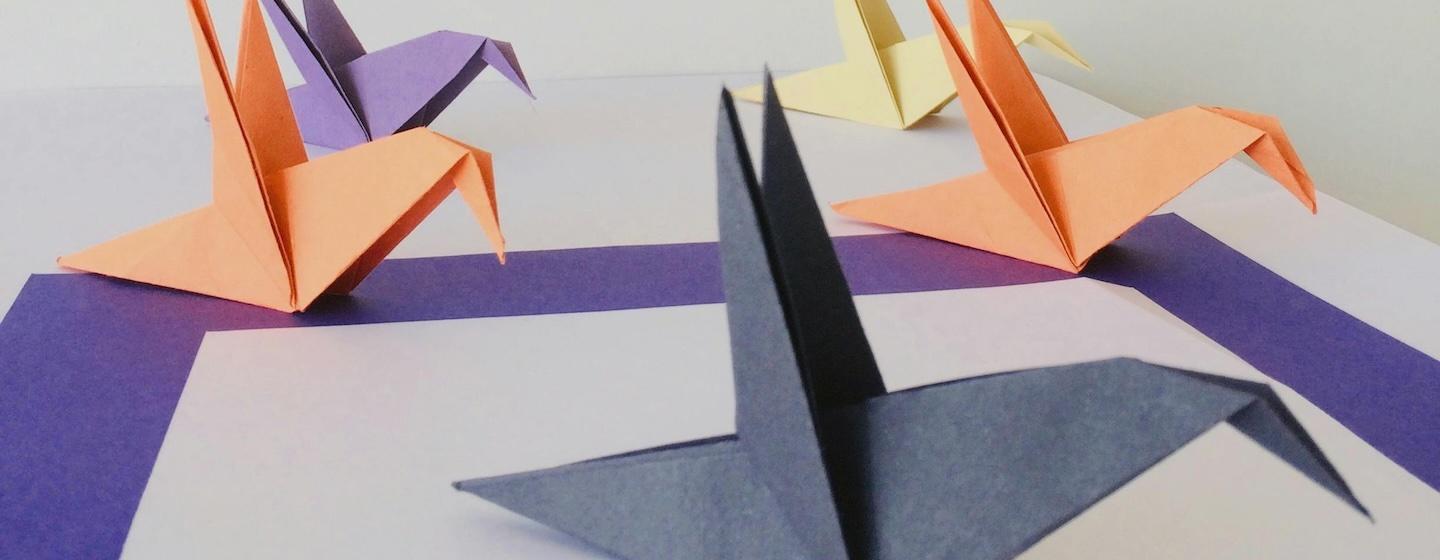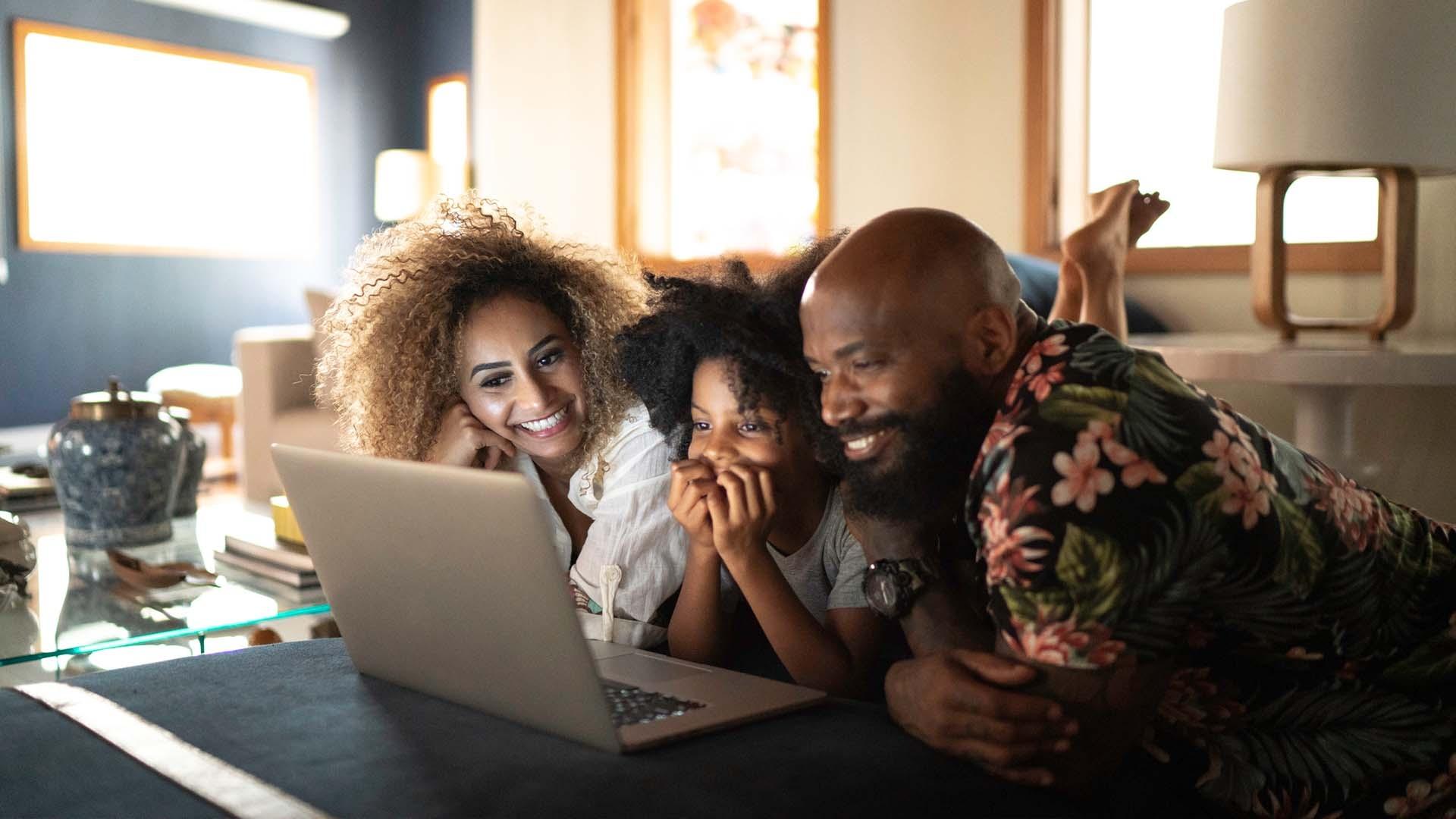Guest Blog: Parenting Reflections


Adapted from Empowering Your Child to Fly: A Family's Guide to Early Childhood Inclusion.
In 2022, I fulfilled a lifelong dream to write a book about early childhood inclusion and my personal and professional experiences. That book is called Every Child Can Fly: An Early Childhood Educator's Guide to Inclusion.
It's filled with stories from my own experiences as a pre-K teacher in the classroom, my work with professionals from early intervention, early childhood special education, Head Start, and child care, and my experiences as a mom.
Our son, Ricky, was born in Ukraine, and we adopted him when he was seventeen months old. Ricky overcame many obstacles from those early months in the orphanage, and later, he dealt with attention deficit hyperactivity disorder (ADHD). ADHD is marked by inattention (difficulty with maintaining focus), impulsivity (acting hastily), and being overly active. He received special education services throughout his school years, and Ricky is a successful young adult today. I learned a great deal from him throughout his childhood and continue to learn from him. He is resilience personified!
After reading my book, my husband said, "Jan, you have to adapt this for families. They need this information, too." This seemed like an exciting opportunity. How could I take the information from Every Child Can Fly and reframe it to share with families? I reflected on our parenting journey as I wrote the book, and some of the lessons we learned are highlighted below.
My first lesson came in the form of a paradox. When I became a mother myself and then learned that my child also has a disability, I knew from experience the importance of maintaining high expectations for children, even when we want to protect them from frustration or disappointment. Yet, I struggled with a strong "Mama Bear" tendency. My nature is to nurture. More than anything, when my son was younger, I wanted to protect Ricky from pain. I didn't want him to feel uncomfortable, and when he expressed fear, my instinct was to figure out how to remove the fearful thing.
I'm not proud of this tendency I had as a parent.
Fortunately, my husband was more of the "gift of determination" type of parent and always held the highest expectations of Ricky. My husband had confidence in our son to figure things out for himself. Rick knew that Ricky could be uncomfortable or fearful in a situation and find his own inner resources to plow right through. Our son received the underlying message of this parenting approach as "You are capable. You are competent. You can do hard things. I believe in you."
Rick was also more likely to challenge Ricky to solve problems rather than just giving him the answer. He would suggest that Ricky think about options or possible solutions, and I would typically sit there and stew because I could tell that the problem-solving was making Ricky uncomfortable. Figuring out solutions is hard work!
This "Mama Bear" tendency continues for me to this day. For example, I'm more inclined to cook something for Ricky rather than teach him how to cook a meal. I'm more likely to do his laundry for him than to force him to do it himself. There are pros and cons to both of our inclinations. Ricky never questions whether his mom will be there with nurturing, love, attention, and care. Those are constants in his life.
My husband is certainly nurturing and caring in his way, but he is also more likely to make Ricky do his laundry or cook his food. Pretty reasonable expectations for a young adult, don't you think? We have found that the collaboration between the two of us, which comes from our different parenting styles, is beneficial and supportive.
Neither Rick nor I am the "perfect" parent. We have our strengths and blind spots when it comes to parenting. One important consideration, however, is that a child can benefit from all the different approaches through collaboration with other adults in their life. These collaborations can happen through parent-to-parent relationships and relationships with other important adults, such as family members, friends, educators and other professionals.
We all are important partners in ensuring the success of the next generation. Children depend on us to get it right, and together, we can empower every child to fly.
Jani Kozlowski, MA is an author, speaker and Technical Assistance Specialist with the Frank Porter Graham Child Development Institute at the University of North Carolina. This post is an adapted excerpt from the book Empowering Your Child to Fly: A Family's Guide to Early Childhood Inclusion.

PBS North Carolina Education
Find info about PBS KIDS resources you can use at home to watch, play and learn with your child. Connect on Instagram, subscribe to our Rootle eNewsletter and find more information about in-person family events.